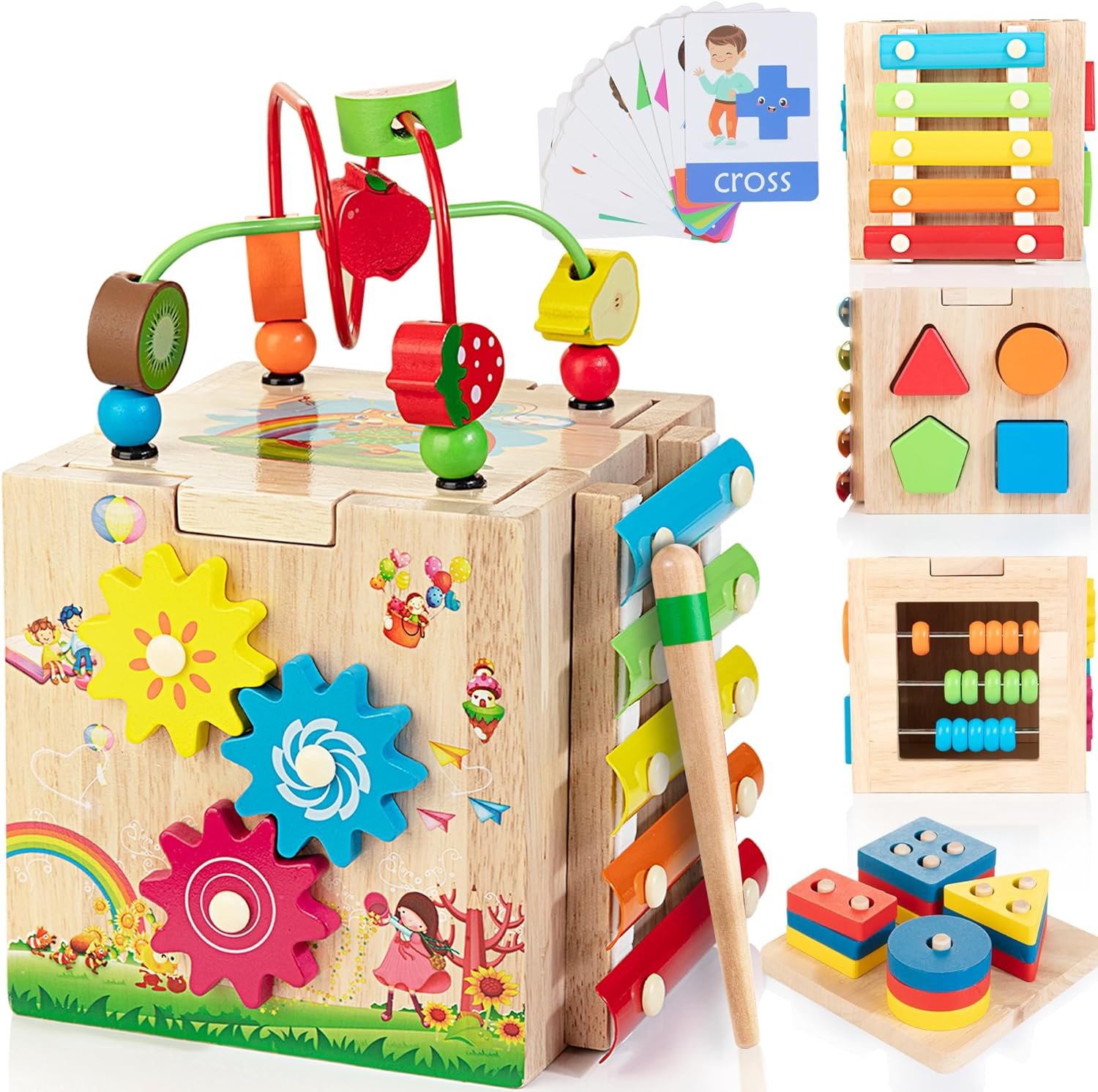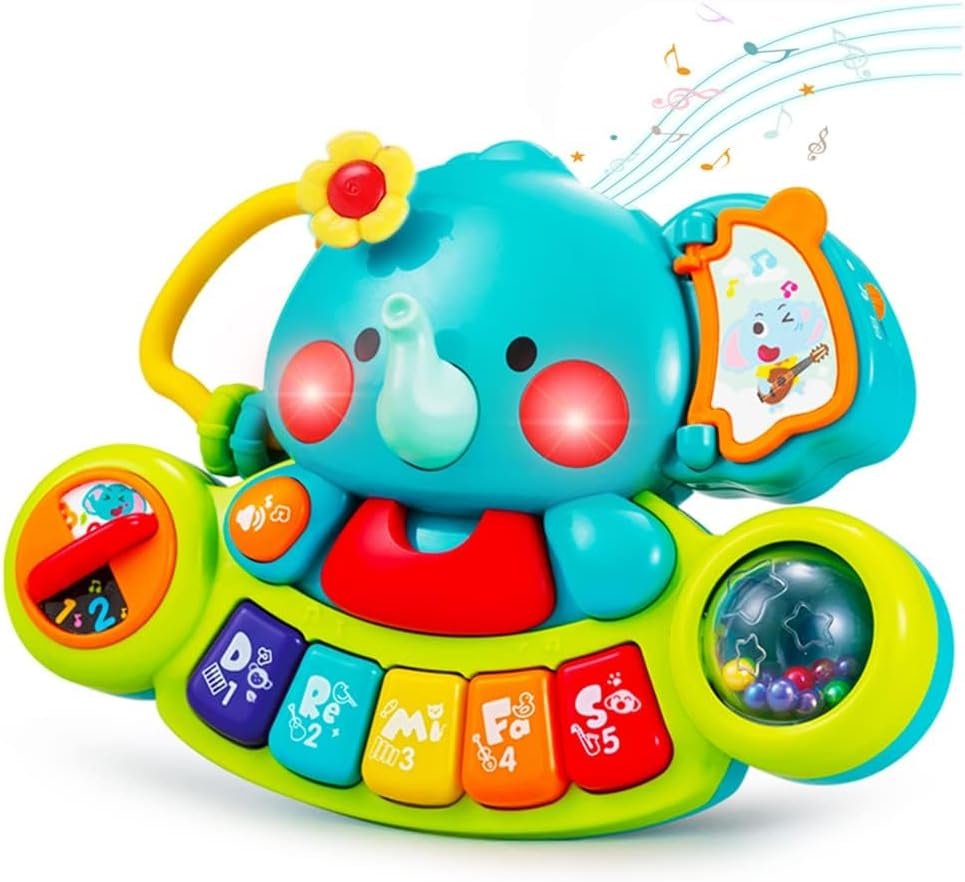In the article, “How to Unspoil Your Child,” the author discusses the challenges parents face when raising spoiled children and offers strategies to remedy this behavior. The article explains that while it is normal for children to go through a phase of being egocentric and demanding, there are signs that indicate if a child is becoming spoiled. The author identifies behaviors such as limited self-control, being bossy, aggression, self-centeredness, and impulsivity as key indicators. The article also delves into the causes of spoiled behavior, emphasizing that lenient or permissive parenting plays a significant role. However, the author reassures parents that it is possible to unspoil a child by being consistent with rules, expectations, boundaries, and consequences. The article concludes by providing practical strategies, including not making things too easy for children, teaching them patience, helping them manage strong emotions, coping with tantrums, and cultivating a gratitude attitude. By implementing these strategies, parents can effectively unspoil their child and promote their overall well-being.
Read more about the latest articles
Signs of a Spoiled Child
Spoiled children exhibit specific behaviors that distinguish them from their peers. These behaviors include limited self-control, bossiness, aggression, self-centeredness, and impulsivity. Spoiled children are ungrateful and accustomed to receiving what they want when they want it. They lack consideration for others and expect their needs and desires to be met without reciprocation. It is essential for parents to identify these signs and address them appropriately.
What Causes a Child To Be Spoiled?
Spoiled behavior in children often stems from parenting practices. It is important to note that spoiling a child is usually unintentional and does not make parents bad. Many parents want the best for their children and strive to please them in various ways. However, this can inadvertently lead to entitlement and an expectation of constant preferential treatment.
Lenient or permissive parenting is one of the main causes of spoiled behavior. When parents fail to establish firm boundaries or enforce consequences, children can become self-centered, immature, selfish, and narcissistic. It becomes easier for parents to give in to their child’s demands occasionally, but children learn that nagging, whining, or throwing tantrums will result in them getting what they want. Sometimes, spoiling a child stems from feelings of guilt, especially when parents are busy with work and have limited time with their children. This guilt may lead parents to overcompensate by indulging their child.
While occasional spoiling or special treats are normal and harmless, patterns of entitlement and a lack of boundaries and rules can have long-term negative effects on a child’s development.
Read more about the latest articles
How To Unspoil Your Child
Unspoiling a child requires consistent effort and a shift in parenting strategies. Spoiled behavior persists as long as it continues to be reinforced. The following strategies can help parents unspoil their child and promote empathy, compassion, and gratitude:
1. Don’t Make Things Too Easy for Them
Parents should avoid doing everything for their children and instead encourage them to develop essential life skills. Allowing children to experience challenges and discomfort can teach them how to cope with disappointment and adversity. Parents can start small, such as letting their child attempt to tie their own shoes or eat a different flavor of ice cream than their preferred choice.
2. Patience is a Virtue
In today’s fast-paced world, children are accustomed to instant gratification. However, it is crucial to teach them the value of patience. Parents should resist the urge to fulfill their child’s desires immediately and instead introduce the concept of waiting or earning rewards. Teaching delayed gratification helps children develop patience over time.
3. Teach Them To Manage Big Feelings
Managing strong emotions is a fundamental aspect of unspoiling a child. Parents must help their children develop healthy coping mechanisms for being patient, dealing with disappointment, or feeling distressed. Teaching calming skills, such as physical activity, expressing emotions through words, and practicing deep breathing, can assist children in managing anger and frustration effectively.
4. Learn How To Cope When They Tantrum
When a child throws tantrums, it is crucial for parents to remain calm and not give in to their demands. Although it can be embarrassing when a child has a public meltdown, giving in to their tantrums reinforces spoiled behavior. Parents should stay present and close to their child during a tantrum but refrain from engaging. It is essential for parents to take care of their own well-being during these challenging moments.
5. Have a Gratitude Attitude
Teaching a spoiled child appreciation and gratitude is essential. Grateful children tend to be happier, more optimistic, and have better social support. Parents can model gratitude by focusing on the positives in life, encouraging acts of kindness and generosity, raising awareness about different cultures and challenges, and incorporating gratitude exercises into daily routines. Developing a gratitude attitude helps children become more appreciative and content.
By implementing these strategies consistently and persistently, parents can unspoil their child and create an environment that promotes empathy, gratitude, and consideration for others. Spoiled moments may still occur occasionally, but they will fade away with time as the child becomes accustomed to the new expectations and boundaries.
















